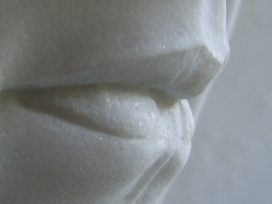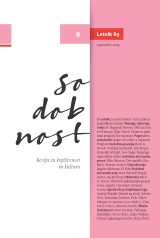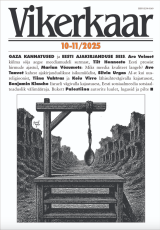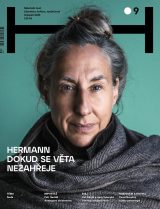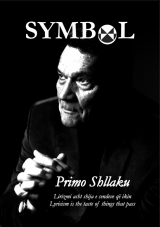Marci Shore
Chair in European Intellectual History, Munk School for Global Affairs and Public Policy, University of Toronto. Author of Caviar and Ashes: A Warsaw Generation’s Life and Death in Marxism, 1918–1968; The Taste of Ashes: The Afterlife of Totalitarianism in Eastern Europe; and The Ukrainian Night: An Intimate History of Revolution. Her history of phenomenology is forthcoming in 2026.
Marci Shore is member of the Eurozine Advisory Board.
Articles

Prison was a central pillar of communism and an experience shared by generations of eastern Europeans. The USA today can also be described as a carceral society, its prison system the expression of a ‘new Jim Crow’. What does the comparison mean for the definition of the ‘political prisoner’? A conversation.
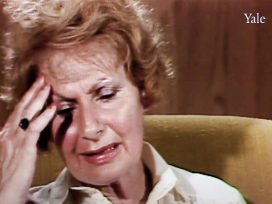
How can intense description of what is irreducibly particular help us to extract elements that are universal? Parallels between the child separations at the US–Mexico border and the experiences of Holocaust survivors prompt historian Marci Shore to ask what we can and cannot understand by thinking in comparisons with the past.
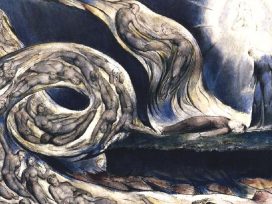
The price of freedom
A transatlantic conversation
At a moment that is Hamletesque in Minsk and Washington alike, Marci Shore illuminates moments of choice, and what these mean for freedom and human dignity. The following is a transatlantic conversation inspired by Ukraine, moderated by Kant and open to all.
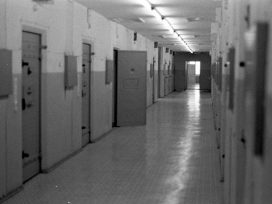
Postmodernism was conceived largely by the Left as a safeguard against totalizing ideologies. Yet today, it has been appropriated on behalf of an encroaching neo-totalitarianism of the Right. Is French literary theory to blame? And can a philosophy of dissent developed in communist eastern Europe offer an antidote?
Legacies of "Judeo-Bolshevism"
Scenes from post-communist Poland
For young Polish Jews, the historical injury of the Holocaust is often complicated by their grandparents’ participation in the communist project. Many of the twenty-somethings interviewed by Marci Shore reappropriated their Jewish identity after 1989, and grapple deeply with questions of inner-Jewish politics and their relations with non-Jewish Poles. Affection, hostility, passion… one thing emerges above all: contradiction.
